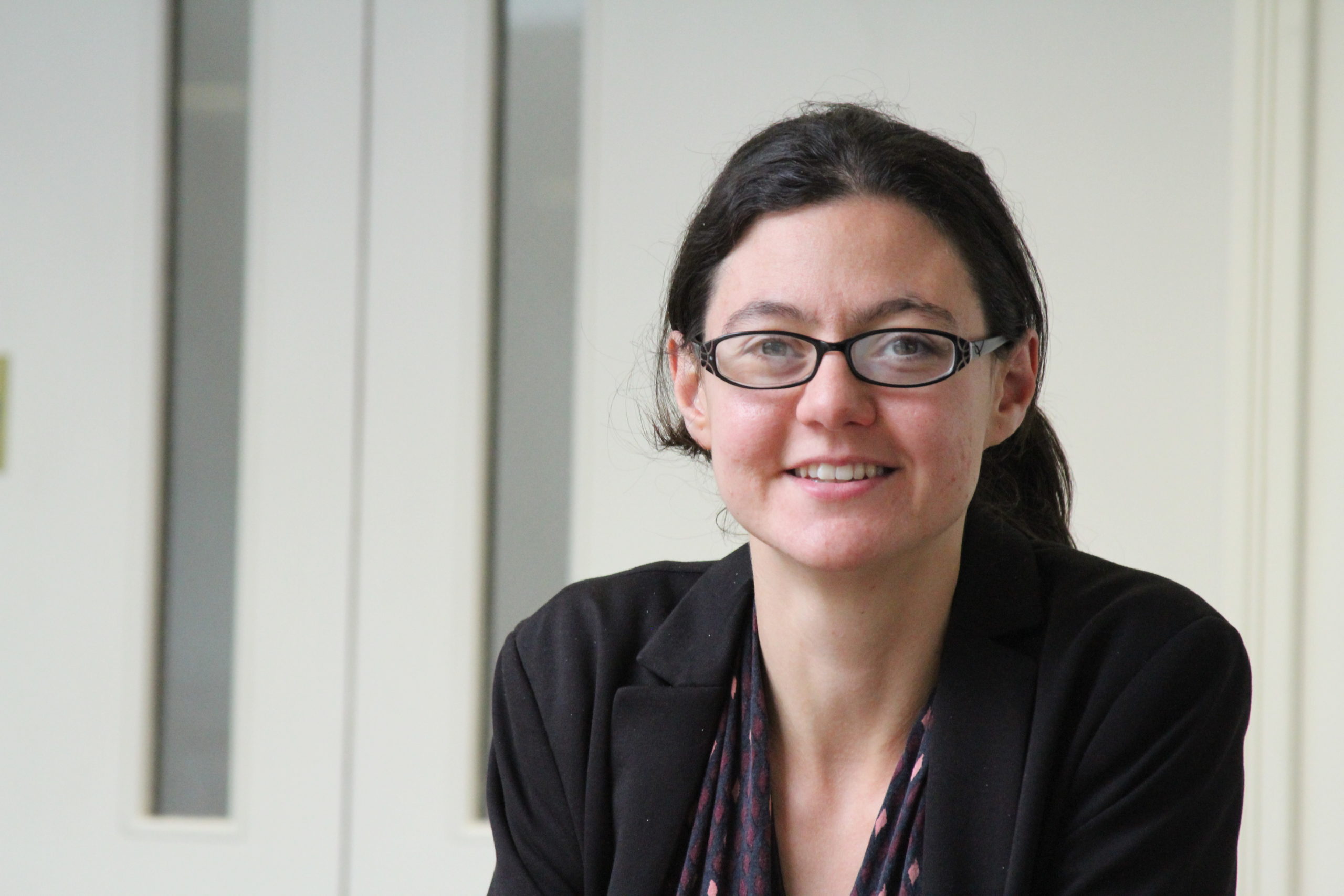Daisy Christodoulou talks about some of the important questions and popular ed tech ideas she explores in her new book, Teachers vs Tech? The case for an ed tech revolution.
As long ago as 1913, people were predicting that technology was going to transform education.
“Books will soon be obsolete in the public schools. Scholars will be instructed through the eye. It is possible to teach every branch of human knowledge with the motion picture. Our school system will be completely changed inside of ten years.”
Thomas Edison, 1913
However, as we can see from this, a lot of these predictions have fallen flat. Why? Why is it that technology has transformed so many aspects of our lives, but that education remains so much harder to change?
My new book, Teachers vs Tech?, takes on this question. It’s about why predictions like Edison’s haven’t come true, and what needs to happen if we really do want technology to make a difference.
Ed tech buzzwords
In the first part of the book, I look at four popular ed tech ideas and see what the research has to say about them.
- Personalisation: We are used to having our own personalised music playlists, Netflix recommendations and Facebook news feed. Why can’t we have an education that is personalised in the same way?
- You can always look it up: Thanks to Google, it’s possible to look up facts at the click of a button. Does this mean we should de-emphasise teaching facts in school, or does memorisation still matter?
- Active learning: Tablets and phones are much more interactive than books and films, and we know that interactivity helps students learn. How can we best use these new technologies to promote active learning?
- Connected devices: A huge amount of ed tech funding has gone towards providing students with connected devices like tablets and phones. What is the right place for these devices, and what are the downsides of using them?
Teachers vs Tech
In the final two chapters of the book, I look at the different strengths and weaknesses of human teachers and technology. We need humans and technology in the classroom, and we need to design systems that play to the strengths of both.
Adaptive spaced-repetition algorithms and comparative judgement are two effective models of how this might work in practice. I’ve expanded on ideas about spaced repetition in a blog post here.

Daisy Christodoulou is a leading educational commentator and author, with many years’ experience of working with schools as well as in the classroom. Her new book, Teachers vs Tech? The case for an ed tech revolution, publishes on March 5th.

